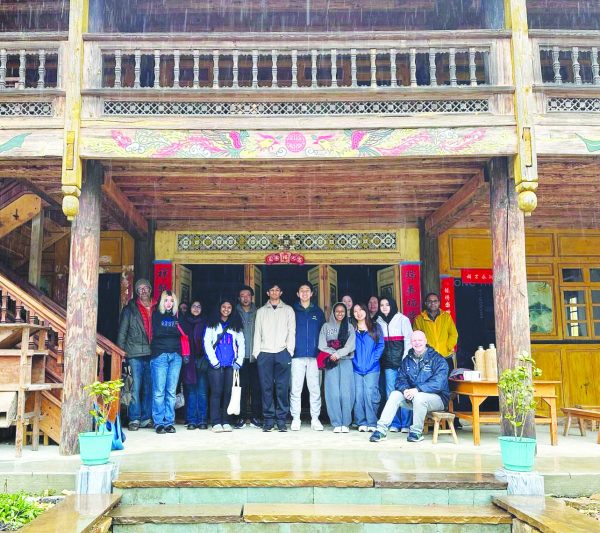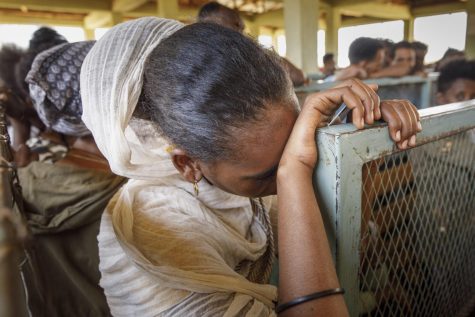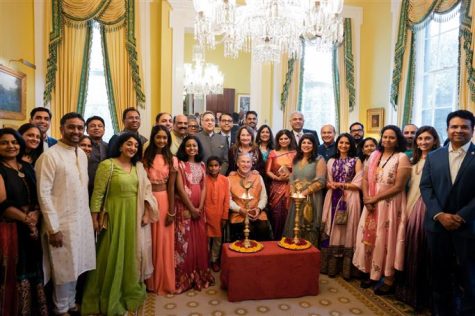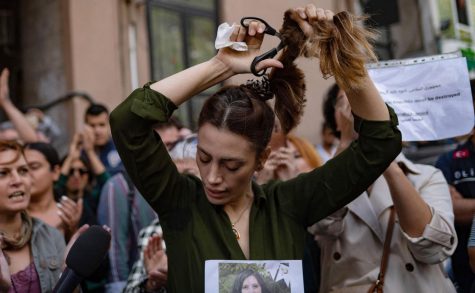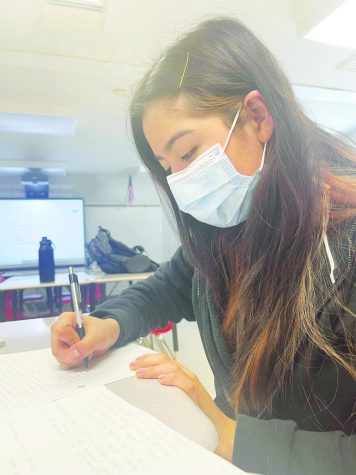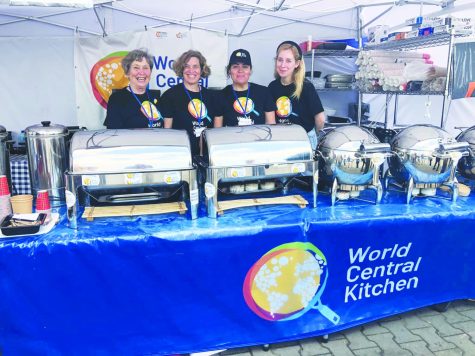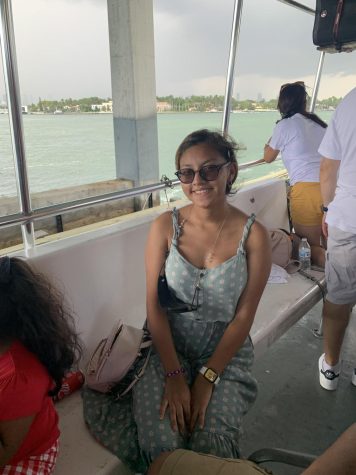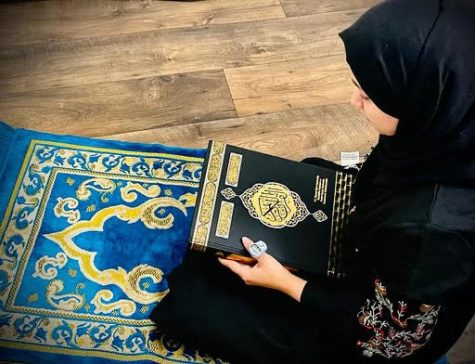My eye-opening experience in Syria
The vast difference in setting between here and Syria was made very evident when we first arrived to Damascus, the capital of the country. It took some getting used to the constant honking of cars, crossing the street when the cars driving past had no intention of slowing down, the countless mosquito bites, and the sounds of near bombs. Except for the mosquitoes and bombs, soon enough I found myself enjoying Syria and all of its peculiarities.
My mom, sister, and I stayed with my grandparents in their modern apartment in the middle of the city life of Damascus. It was pretty rare, but because of their close proximity to the mountains where the Syrian army is sheltered, every now and then we would hear the loud, booming sounds of bombs going off or exploding– giving us a wake-up call as to what Syria is going through.
Our month in Syria was a time we enjoyed greatly as we got to spend with our family. We went out to famous, ancient shops in Souq Al-Hamidiyah , saw a historic palace called Azem Palace and the well known Umayyad Mosque, took a roadtrip up a mountain to visit a prominent church in a village called Saidnaya, and spent nights in the more modern and new areas in Damascus at clubs and restaurants.
One of my favorite things about Syria had to be the way the people walked among the cars in the middle of the streets– I thought it was hilarious and got a sort of rush every time we had to hurry to reach the other side of the road without some car running into us. I also became used to watching where I put my feet as I walked– it was way too easy to get our feet run over.
On the other hand, what wasn’t so great was the amount of mosquito bites we got. Probably due to the fact that our bodies were not used to the type of mosquitoes in Syria, my sister and I became victims of major bites. Each one swelled up and itched to no end, keeping me from falling asleep some nights. I can’t even count the amount of times we went down to the pharmacy to get cream for the itching. Even the pharmacists’ arms were red and bumpy from the rush of the summer mosquitoes.
The Syrian teens I encountered in Syria were unlike me. For one thing, they all smoked at a very young age and the fact that it is so normal in public shocked me at first. They all seemed older than they are– even children, sometimes 7 or 8 years old, had jobs selling food and clothes outside. It was so bizarre when a boy who looked to be no older than 6 asked me if I wanted a sample of any of the colognes he was selling.
Although they hide their pain and sorrow very well, Syrians are experiencing things no one should and these incredible people do not deserve to be going through what they are. It was difficult walking past innocent little girls in a park to hear them talking about their scars from a fire they were caught in.
We also saw houses that had broken windows and dents and marks on the walls and furniture from bullets and missiles that made it inside– including my grandparents’ house.
In addition to these things, Syrians have to deal with the loss of electricity and water and inflation of their currency.
Every 3 hours, the electricity gets cut because the country does not have enough money to supply electricity to all of Syria. Although this has always happened in Syria, with the current war, they are cutting it more often. Households have bought generators that they switch to when the power cuts to get some light and wind from a fan as the heat there is unbearable. Small lights that run on battery have also become popular there– we saw them hung in every house we visited.
No matter where we went, all conversations were about these issues. They speak of how tired they are in hot temperatures in their dark houses with no water running. They miss the days they could buy what they like and eat what they want, but even so, they somehow are able to focus only on the good that is around them and constantly thank God for what they have.
Despite Syria’s condition, the people of Syria are the strongest people we have ever seen. They continue to go outside to hang out, eat, and take walks. They laugh loudly and everyone we saw, we saw smiling. We met a taxi driver who was part paralyzed– his hands would shake and his jaw was dented because of a bullet that is stuck in his neck and impossible to remove.
Even he was more optimistic than anyone I had met in my life. They continue to live their lives and live it positively, only praying and hoping for a better tomorrow and peace in their home.
Leaving Syria was one of the hardest thing to do. After becoming so used to the country and enjoying the time spent there, it was extremely difficult to say goodbye and leave to return to the land all the way across an entire ocean. It was difficult traveling back home when we didn’t know how long it would be until we could return, but just like all the Syrians, we are staying positive, and I am looking forward to every summer we will get to spend there.
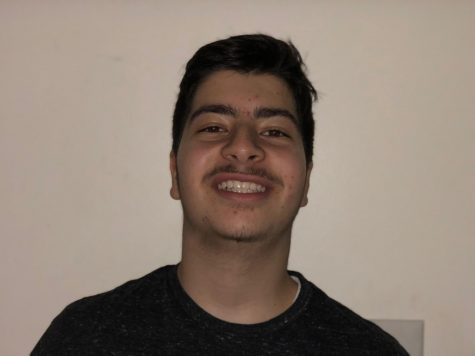
Senior Jude Nanaw is the current Co-Editor in Chief of The A-Blast. He has been on staff for four years where in previous years he has held the positions...



